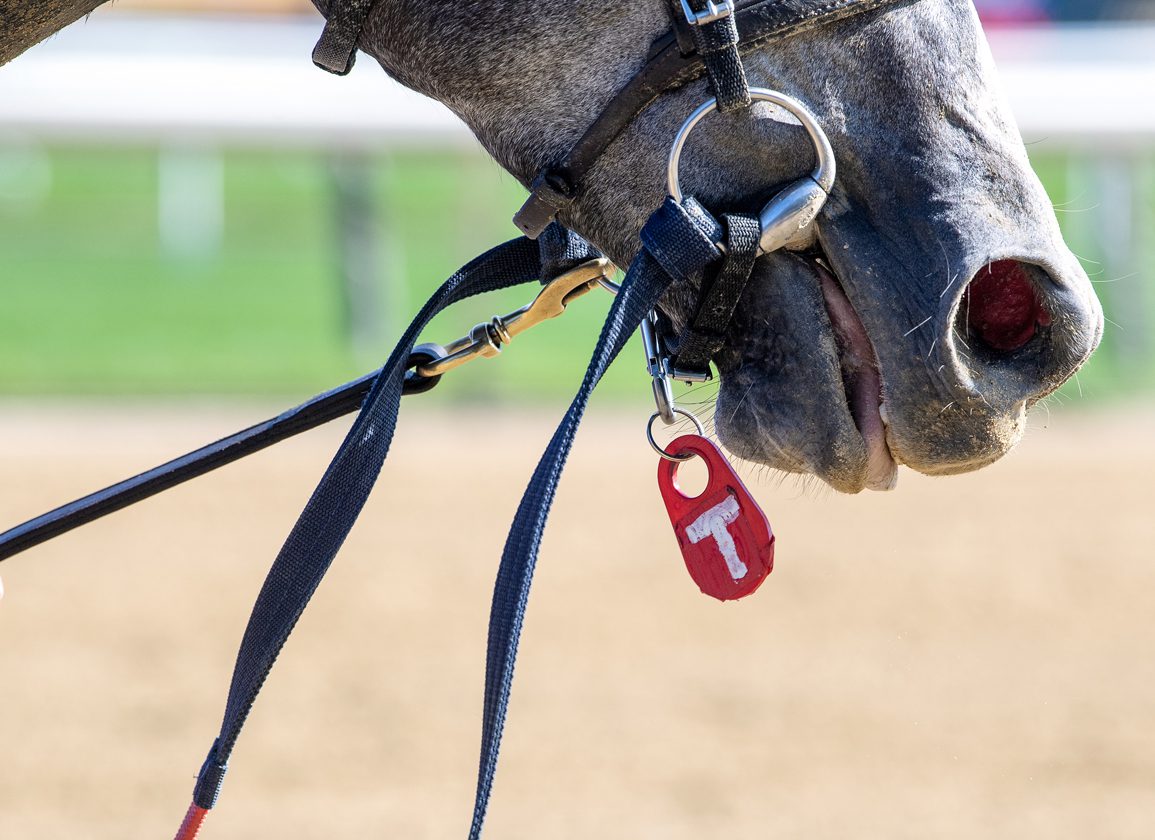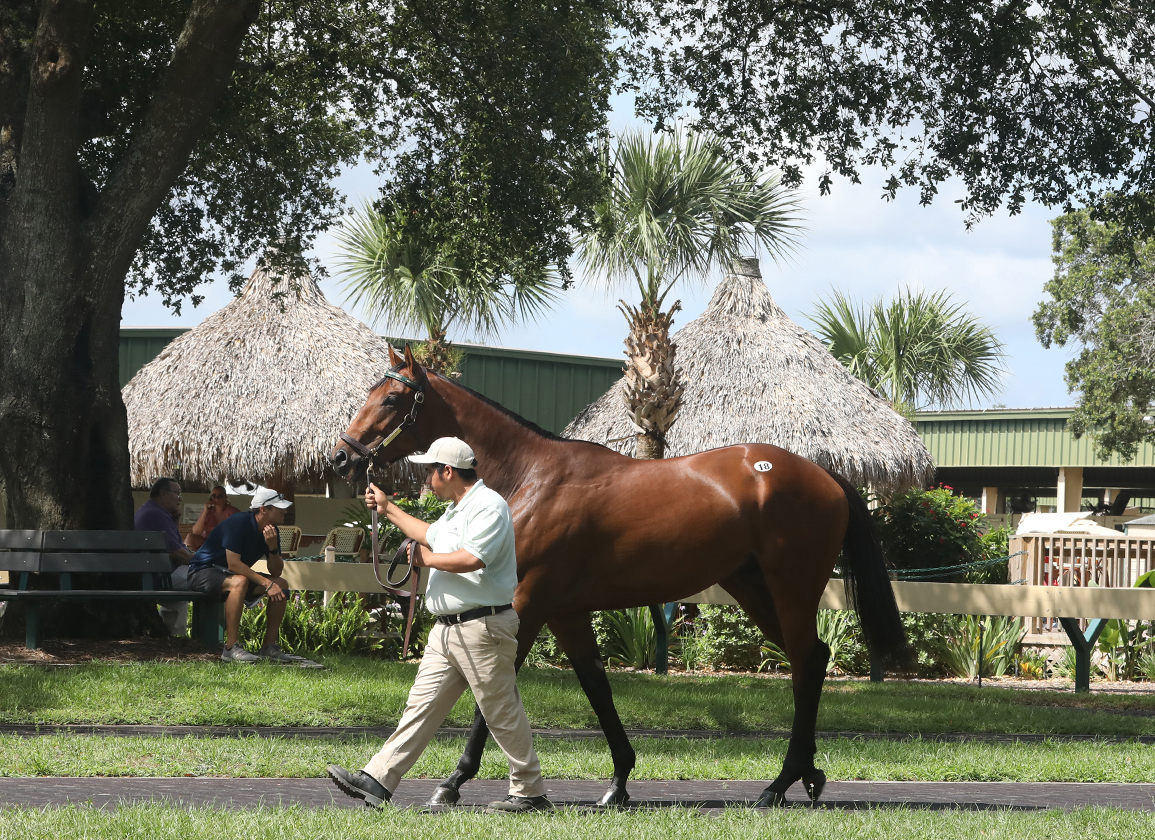The Jockey Club today has elected five new members: Gatewood Bell, Fred W. Hertrich III, James McIngvale, Dr. Mary Scollay, and John Sikura. As a bloodstock agent, Gatewood Bell, president of Cromwell Bloodstock Agency, selected horses including Mastery and Undrafted. In addition to his work in bloodstock, Bell is a memberof the Kentucky Horse Racing Commission and a United States representative for Goffs sales agency. He previously worked for Kiaran McLaughlin and Nicoma Bloodstock and served as a jockey's agent for Fernando Jara. Fred W. Hertrich III is chairman of...

















